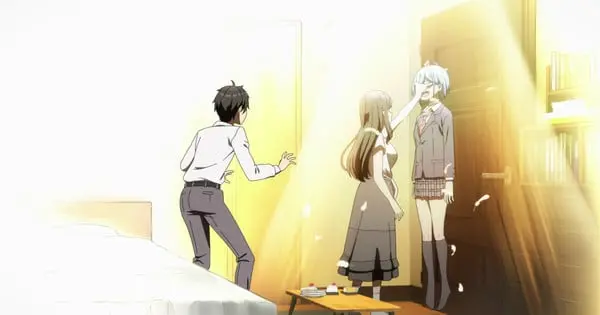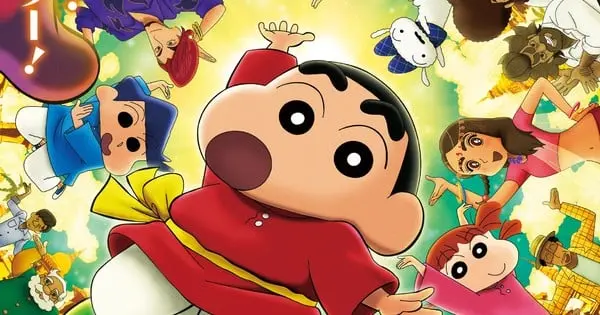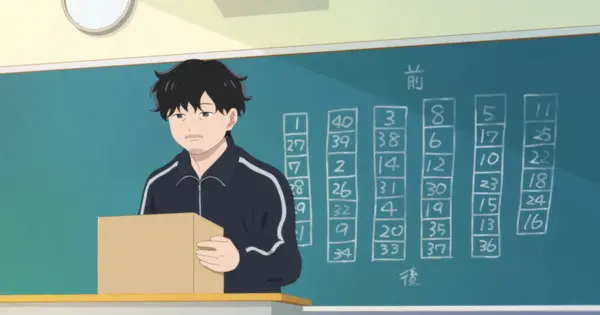BEIJING — The highly anticipated Chinese releases of the animated film Crayon Shin-chan the Movie: Super Hot! Scorching Kasukabe Dancers and the live-action Cells at Work! movie have been postponed indefinitely. The delays, initially scheduled for December 6 and November 22 respectively, come amidst a significant escalation of diplomatic tensions between China and Japan, primarily triggered by recent remarks from Japanese Prime Minister Sanae Takaichi concerning Taiwan.
Chinese state media and film distributors have characterized the decision as a “prudent” one, made in consideration of market performance and “souring domestic audience sentiment” following Takaichi’s comments. This move underscores the growing impact of political friction on cultural exchange between the two East Asian powers.
The Spark: Taiwan Remarks Ignite Diplomatic Row
The current diplomatic rift intensified after Japanese Prime Minister Sanae Takaichi stated on November 7 that a Chinese attack on Taiwan could constitute “a situation threatening Japan’s survival.” Her remarks referenced 2015 legislation that allows Japan to take potential military action in such scenarios. China, which considers democratic Taiwan its own territory to be brought under mainland control by force if necessary, swiftly condemned these statements.
Beijing’s response has been multifaceted, including the summoning of Japan’s ambassador and official warnings for Chinese nationals to refrain from traveling to Japan. Japanese airlines have also reportedly begun offering free flight refunds for trips to and from Japan. Conversely, Japan has advised its citizens in China to exercise caution and avoid large gatherings.
Impact on Japanese Cultural Exports in China
The postponement of Crayon Shin-chan and Cells at Work! highlights the vulnerability of cultural products to geopolitical shifts. Both franchises enjoy considerable popularity in China. The animated Crayon Shin-chan film was slated for a December 6 release, while the live-action Cells at Work! was set for November 22, with pre-sales already underway for the latter. No new release dates have been announced.
This is not an isolated incident. Reports indicate that another major Japanese animated film, Demon Slayer: Kimetsu no Yaiba – The Movie: Infinity Castle – Part 1: Akaza Returns, which had a strong initial box office performance, has seen a significant decline in revenue since Takaichi’s remarks due to “strong dissatisfaction from Chinese audiences”. The film had earned 373 million RMB (approximately US$52.53 million) in its first three days and achieved the highest-earning IMAX opening for a Japanese film in China.
Precedents in Cultural Blackouts
This situation draws parallels to past instances where political tensions led to restrictions on cultural content. Around 2016, the Chinese administration under President Xi Jinping reportedly restricted South Korean pop culture content in retaliation for the deployment of the Terminal High Altitude Area Defense (THAAD) missile defense system in South Korea. That restriction is believed to be ongoing.
Broader Economic and Diplomatic Ramifications
Beyond the film industry, the escalating tensions are impacting broader economic ties. Leaders of Japan’s three major business federations met with Prime Minister Takaichi, urging dialogue to resolve the diplomatic impasse and emphasizing that “political stability is a prerequisite for economic exchange”. Chinese Premier Li Qiang also reportedly has no plans to meet Takaichi at the upcoming G20 summit in South Africa.
The Chinese foreign ministry’s advice against travel to Japan is particularly significant given that Chinese and Hong Kong travelers represent the largest number of tourists to Japan annually, with 7.48 million visitors from January to September this year alone.
The indefinite postponement of these popular Japanese films serves as a stark reminder of how deeply political disputes can penetrate and disrupt cultural exchange, leaving fans and industries in limbo as diplomatic relations remain strained. The fate of other Japanese films currently screening in China, and future cultural collaborations, remains uncertain.










